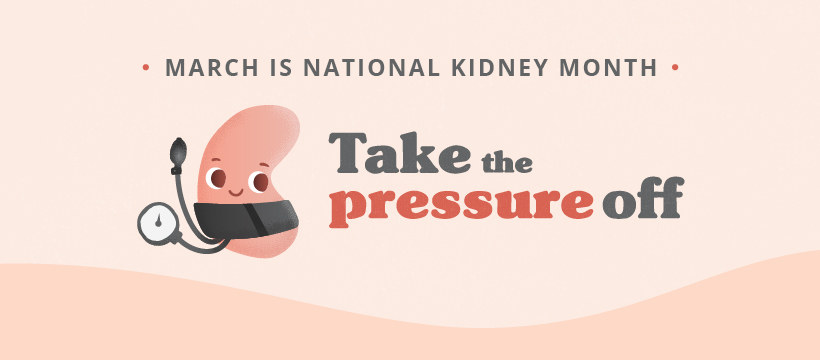For people with certain conditions, wearing a medical ID can save their lives in emergency situations. If you or a loved one have one or more of these conditions, you may want to consider purchasing a medical ID.
Here’s a quick rundown of some scenarios in which medical IDs can make the difference between life and death.
Allergies
An anaphylactic stinging insect allergy can rapidly cause a person to lose consciousness if stung by a bee or cause their airway swell so much that they can’t breathe. Severe food allergies to foods like peanuts, tree nuts, and shellfish can cause similar reactions.
Quick administration of epinephrine injected intramuscularly is crucial to stopping the allergic reaction, as is transporting the patient to the hospital promptly in case the allergic reaction resumes.
Making sure this information is available to first responders allows them to intervene promptly to halt the allergic reaction.
Medical Conditions
Medical ID bracelets can inform first responders about any conditions that causes a patient to become unresponsive.
For instance, a person with epilepsy may have a seizure. While seizing, the patient can hit their head or even stop breathing if they experience status epilepticus—a continuous seizure lasting five or more minutes. Providing rescue medications such as benzodiazepines helps to break the seizure.
A patient with diabetes may lose consciousness if they experience severe hypoglycemia. Administering glucagon to raise blood glucose levels as soon as possible is crucial to ensuring their recovery. Having this medical information readily available on a medical ID helps first responders to provide prompt treatment without having to play guessing games.
Medications
Medical ID bracelets can inform healthcare professionals about crucial medications that people are taking. One type of medications that healthcare professionals need to know about in an emergency are blood thinners such as warfarin, Xarelto (Rivaroxaban), Eliquis (Apixaban), Plavix (clopidogrel), Brilinta (ticagrelor), Pradaxa (dabigatran), and aspirin.
Blood thinners significantly increase the risk of bleeding after a fall or car accident, so healthcare professionals will monitor patients closely and order additional diagnostic testing (such as a head CT to check for an intracerebral hemorrhage after a fall). If a severe hemorrhage goes undetected and thus untreated, it can result in death.
Some blood thinners such as warfarin can also be reversed with Vitamin K if the patient is hemorrhaging or has an intracerebral hemorrhage.
Purchasing a Medical ID
If you feel like you or a loved one need a medical ID or want to learn more, reach out to us at American Medical ID via phone or online chat. We can help you determine which ID is right for you and what information should be included.
Check it out today!







